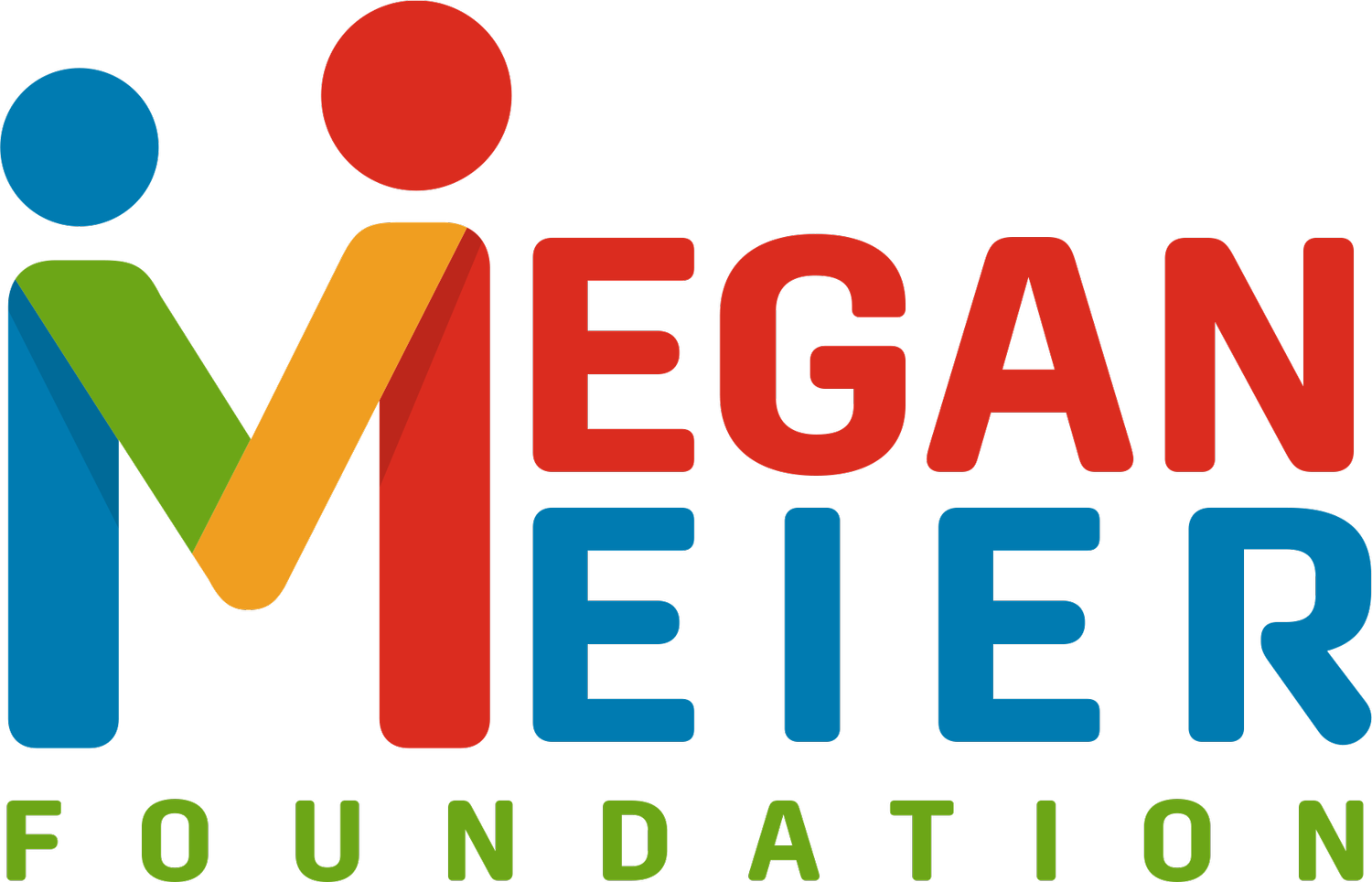The following information is not meant as a substitute for qualified professional advice.
Self Harm
Self-harm, or self-injury, is physically intentionally hurting oneself without suicidal intentions. This is a sign of emotional distress that should be taken seriously.
Self-harm is used to cope during an emotionally difficult time to help people temporarily feel better because they can physically express and release the tension and pain they feel.
Types of Self-Harm
Cutting or using a razor blade, knife, or other sharp objects against your skin
Carving words or symbols into your skin which is separate from cutting
Making an impact with objects to the point of bruising or bleeding
Burning using cigarettes, matches, or candles
Trichotillomania, or pulling out your hair
Scratching or pinching using your fingernails or other objects against your skin
Breaking your bones or bruising yourself
Interference with healing of a physical wound
Signs of Self-Harm
Having frequent cuts, bruises, or scars
Wearing long sleeves or pants even in hot weather
Making excuses about injuries
Having sharp objects around for no apparent reason
Difficulties with interpersonal relationships
Persistent questions about personal identity
Behavioral and emotional instability, impulsiveness, or unpredictability
Saying that they feel helpless, hopeless, or worthless
Getting Support
Self-harm is a behavior that indicates a need for better-coping skills. Some may self-injure only one time, while most will engage in self-harm behaviors multiple times. This behavior may last years because many find it extremely difficult to stop. However, there are effective treatments available.
Self-harm is not considered an attempted suicide. However, if someone is engaging in self-harm, they are experiencing real emotional pain and should be taken seriously. They may be at an increased risk of feeling suicidal. If you or someone you know is struggling with self-harm, please seek help from a qualified mental health professional.
The information above was disseminated from published material by Natasha Tracy at HEALTHY PLACE, the National Alliance on Mental Illness (NAMI), the National Institutes of Health (NIH), and the Crisis Text Line.
Immediate Crisis Hotlines
If you or someone you know is in suicidal crisis or emotional distress, call the National Suicide Prevention Lifeline at 9-8-8, a free 24-hour hotline. In the case of a life-threatening emergency, call 9-1-1 or visit your nearest emergency room. Below is an additional list of crisis resources.


